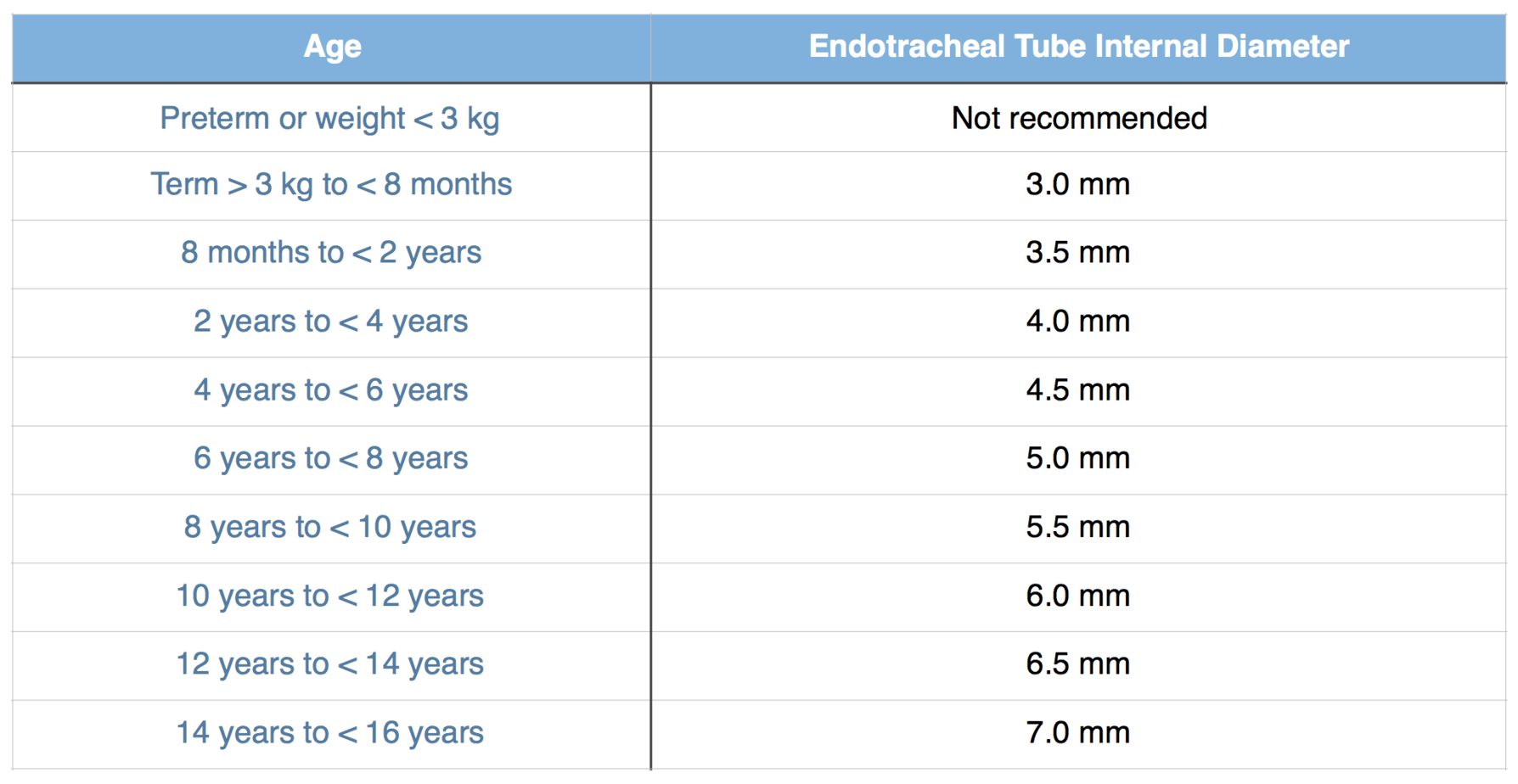How Veterinary Diagnostics Safeguard Pet Health
How Veterinary Diagnostics Safeguard Pet Health
Blog Article
Companion animals are invaluable, and keeping them healthy takes proactive care. Veterinary laboratories are invaluable resources in identifying health issues for domestic pets.
Throughout this resource, we’ll cover why pet diagnostics are vital and outline essential tests.
Understanding Pet Diagnostic Centers
Veterinary laboratories focus on testing for testing biological materials. They help veterinarians to monitor ongoing conditions.

How tests are conducted usually includes:
- Sample collection: Blood, urine, or feces are taken by the vet.
- Laboratory analysis: Technicians and machines evaluate the samples.
- Results interpretation: Labs share results with veterinarians for your pet’s benefit.
Common Veterinary Tests for Dogs and Cats
Pets benefit from a range of diagnostic services to address medical issues. Key lab services include:
- Blood analysis: Provide an overall health picture.
- Urinary health exams: Identify dehydration.
- Stool testing: Spot signs of infections.
- Skin health exams: Address skin issues.
- X-rays and ultrasounds: Spot fractures or injuries.
How Testing Supports Pet Health
Consistent lab work ensures better outcomes. By identifying issues early, you can prevent serious conditions.

The importance of routine exams include:
- Better disease management: Recovery chances improve.
- Cost savings: Ongoing health is monitored affordably.
- Confidence in care: Feel secure about their health.
laboratórios veterinarioslaboratorio de analises clinicas para animais
Conclusion: Veterinary Labs as a Cornerstone of Pet Health
Veterinary labs provide the foundation for accurate diagnoses. By scheduling routine tests, you give them the care they deserve.
Start their journey to better health today and help them live their best lives!
Report this page